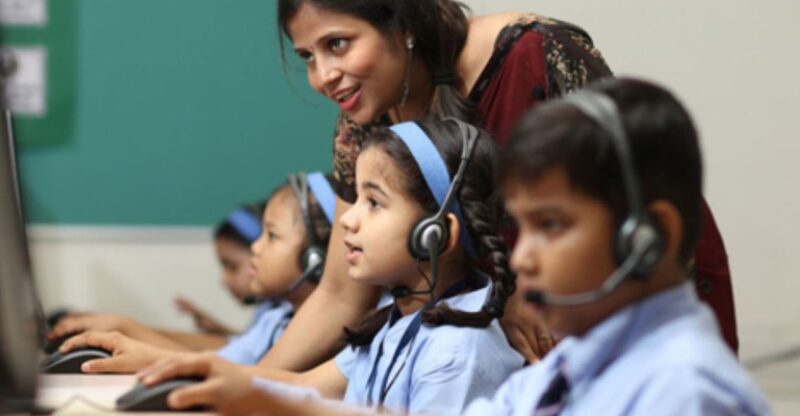International Schools Are Optimizing Modern Education & Here’s Why You Should Know About It
The best international schools are committed to giving students access to the most advanced teaching tools and technologies, far ahead of ICSE and CBSE schools. The best CBSE and ISC schools are gradually adopting this technique as, in the modern world, education covers more than just the paper and pencil way of teaching; develops interdisciplinary skills and talents in students that foster a more modern and comprehensive view of life. Instead of emphasizing a more conventional point of view, which is perhaps a bit outdated in its approach, they are taught practical, real-life skills that are still relevant today. This enhances the child’s understanding and gives them the skills they need to secure a well-paying profession in the future. Here are some cutting-edge developments in education that parents can anticipate.
Interdisciplinary learning is a crucial component of contemporary education. A child must be able to apply what they learn in the physical sciences to the way society is now. This broadens their knowledge and equips them to face problems of any kind. They gain insights into how to use an interdisciplinary approach to address contemporary issues.
With fewer students per instructor, instruction is more personalized and teachers can focus more on individual student issues. However, a low student-teacher ratio ensures that the child receives the personalized attention they need at foreign schools. Since textbooks cannot include all knowledge on a subject, teachers and educators think beyond the material they contain. They instill knowledge through academic studies, web publications and movies.
To increase the value of collaboration in students, a collaborative environment is promoted in the classroom where students are taught to collaborate with others and combine their skills and strengths in projects.
The use of projectors, presentations, video learning modules, and the Internet to create a visual learning environment stimulates students’ interest in the material and makes studying fun.
Freedom in learning gives students unlimited access to knowledge, which celebrates children’s curiosity, encourages entrepreneurship, inspires creative thinking, and inspires innovation in children. This encourages children to engage in research, creative endeavors, and scientific endeavors from an early age.









